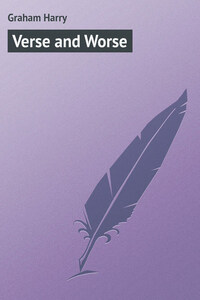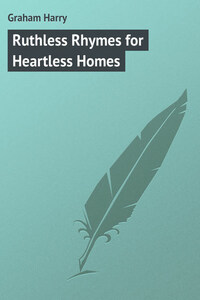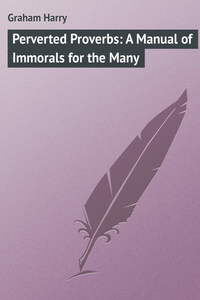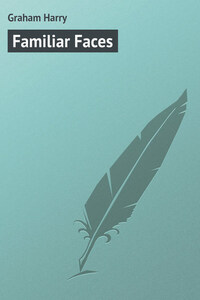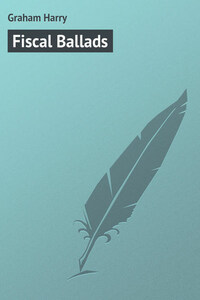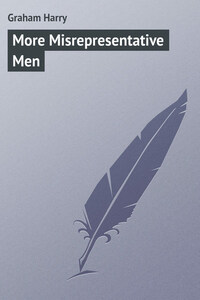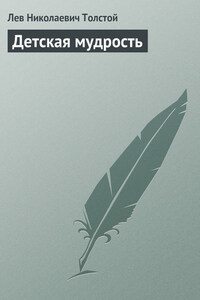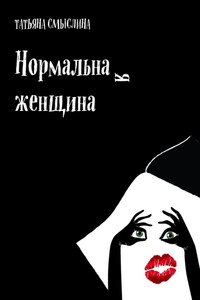The Press may pass my Verses by
With sentiments of indignation,
And say, like Greeks of old, that I
Corrupt the Youthful Generation;
I am unmoved by taunts like these —
(And so, I think, was Socrates).
Howe'er the Critics may revile,
I pick no journalistic quarrels,
Quite realising that my Style
Makes up for any lack of Morals;
For which I feel no shred of shame —
(And Byron would have felt the same).
I don't intend a Child to read
These lines, which are not for the Young;
For, if I did, I should indeed
Feel fully worthy to be hung.
(Is 'hanged' the perfect tense of 'hang'?
Correct me, Mr. Andrew Lang!)
O Young of Heart, tho' in your prime,
By you these verses may be seen!
Accept the Moral with the Rhyme,
And try to gather what I mean.
But, if you can't, it won't hurt me!
(And Browning would, I know, agree.)
Be reassured, I have not got
The style of Stephen Phillips' heroes,
Nor Henry Jones's pow'r of Plot,
Nor wit like Arthur Wing Pinero's!
(If so, I should not waste my time
In writing you this sort of rhyme.)
I strive to paint things as they Are,
Of Realism the true Apostle;
All flow'ry metaphors I bar,
Nor call the homely thrush a 'throstle.'
Such synonyms would make me smile.
(And so they would have made Carlyle.)
My Style may be, at times, I own,
A trifle cryptic or abstruse;
In this I do not stand alone,
And need but mention, in excuse,
A thousand world-familiar names,
From Meredith to Henry James.
From these my fruitless fancy roams
To Aesop's or La Fontaine's Fable,
From Doyle's or Hemans' 'Stately Ho(l)mes,'
To t'other of The Breakfast Table;
Like Galahad, I wish (in vain)
'My wit were as the wit of Twain!
Had I but Whitman's rugged skill,
(And managed to escape the Censor),
The Accuracy of a Mill,
The Reason of a Herbert Spencer,
The literary talents even
Of Sidney Lee or Leslie Stephen,
The pow'r of Patmore's placid pen,
Or Watson's gift of execration,
The sugar of Le Gallienne,
Or Algernon's alliteration,
One post there is I'd not be lost in,
– Tho' I might find it most ex-Austin'!
Some day, if I but study hard,
The public, vanquished by my pen, 'll
Acclaim me as a Minor Bard,
Like Norman Gale or Mrs. Meynell;
And listen to my lyre a-rippling
Imperial banjo-spasms like Kipling.
Were I, like him, a syndicate,
Which publishers would put their trust in;
A Walter Pater up-to-date,
Or flippant scholar like Augustine;
With pen as light as lark or squirrel,
I'd love to kipple, pate and birrell.
So don't ignore me. If you should,
'Twill touch me to the very heart oh!
To be as much misunderstood
As once was Andrea del Sarto;
Unrecognised, to toil away,
Like Millet, – (not, of course, Millais).
And, pray, for Morals do not look
In this unique agglomeration,
– This unpretentious little book
Of Infelicitous Quotation.
I deem you foolish if you do,
(And Mr. Arnold thinks so, too).
